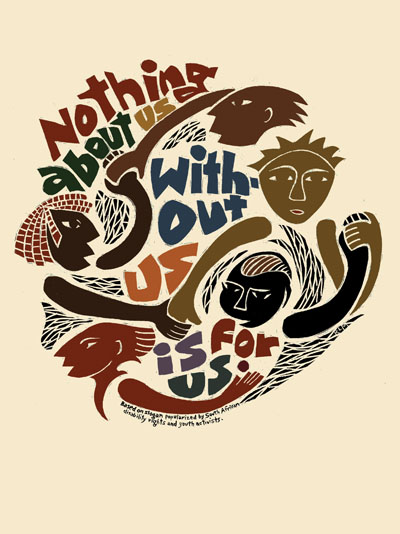Tapping the Potential of Community Engagement
A 4-part Introduction to the Field of Community Engagement
Dates: November 10, November 17, December 1, December 8
Time: 9:00 am – 12 Noon
Where: UROC Room 107, 2001 Plymouth Ave N, Minneapolis, MN 55411
Register today – space is limited!
About the Series
This workshop series is designed to deepen your knowledge, broaden your perspective, and sharpen your skills as you explore the potential for community engagement to create equitable, healthy, and sustainable communities. The sessions are for anyone who is interested in learning more about community engagement, or for those who wish to deepen their work with community.
Session Topics:
- Session 1: What is Community Engagement? Why is it Important?
- Session 2: The Link between Community Engagement and Equity
- Session 3: Effective Tools for Community Engagement
- Session 4: Integrate Community Engagement into your Organization’s Work and Culture
Learning Goals:
- Understand the principles and values of community engagement and how it differs from other practices, such as outreach and the traditional social service model.
- Learn how community engagement can make your work more effective.
- Utilize community engagement tools for building relationships, leadership, and ownership.
- Explore how community engagement leads to equity and how understanding equity is essential for effective community engagement.
- Assess your organization’s readiness and capacity to incorporate community engagement as an approach in your work.
Fee: A few scholarships are available, no one will be turned away for inability to pay. Contact Angie for details (see below).
- Individuals: $450 for all four sessions
- **Groups of 3-5 from one organization: $400 per person for all four sessions**
NOTE: Attendance at all four sessions is required, as this is a cohort experience and each session builds upon previous sessions.
**Please do not register for more than 5 participants from one organization** – this is to ensure a mix of participants from various sectors and backgrounds for a rich, dynamic experience. Please contact us if you have any questions or concerns about this requirement.
Feedback from Previous “Tapping the Potential of Community Engagement” Participants:
- “The series is a challenging, inspiring experience that anyone and everyone can learn and grow from.”
- “I would recommend this workshop series….the conversations, connections, and knowledge learned will help them go from outreach to engagement; from equality to equitable approaches.”
- “It’s very helpful both as an introduction to CE as well as providing more in-depth training for people already working in CE.”
- “Prepare to be challenged and accept that what you’ve been doing needs a new perspective.”
About Nexus’ Community Engagement Institute: Nexus’ Community Engagement Institute (NCEI) is an initiative designed to advance and strengthen communities through equity-based community engagement, both locally and nationally. Click here to learn more about our work.
Facilitators and Presenters: The presenters and facilitators are staff and partners of Nexus Community Partners and Nexus’ Community Engagement Institute, which is continuing the work of the Building the Field of Community Engagement collaborative (BTF). Please forward this invitation to anyone who might be interested.
Contact Angie Brown at abrown@nexuscp.org with questions or for more information about scholarships.

